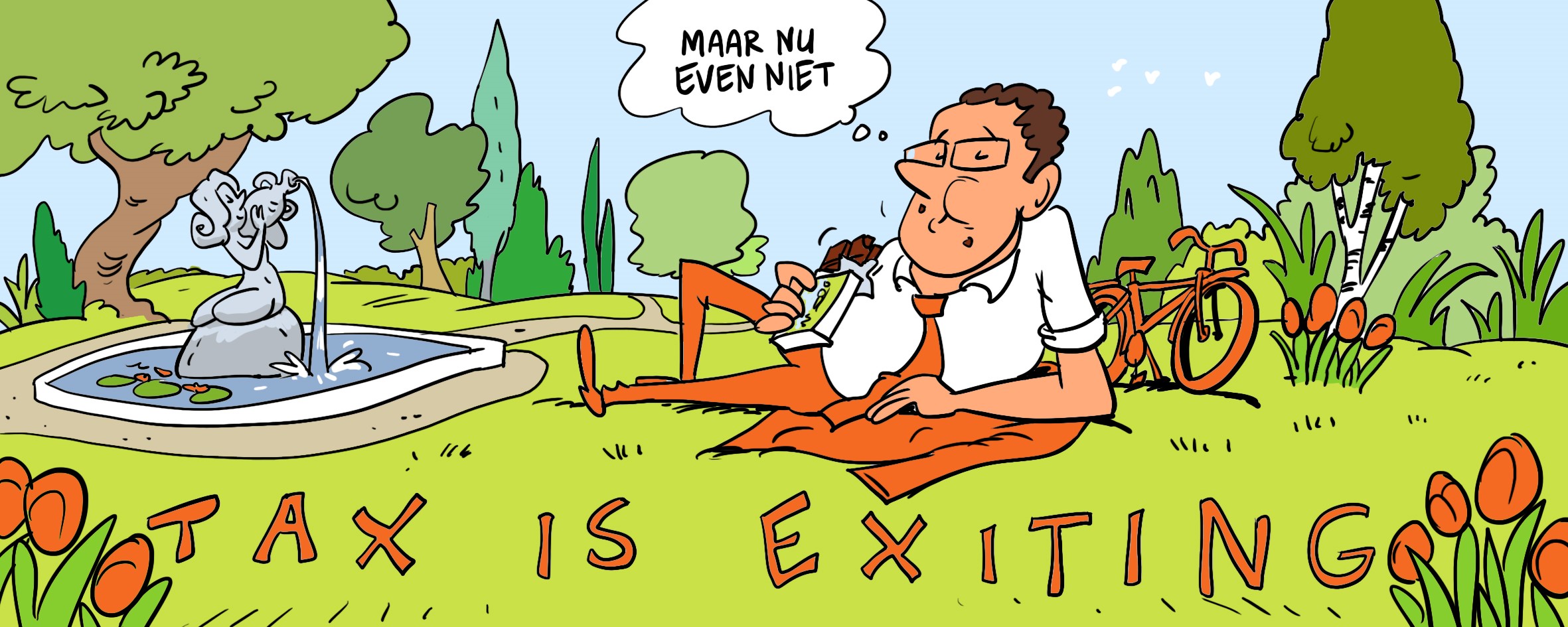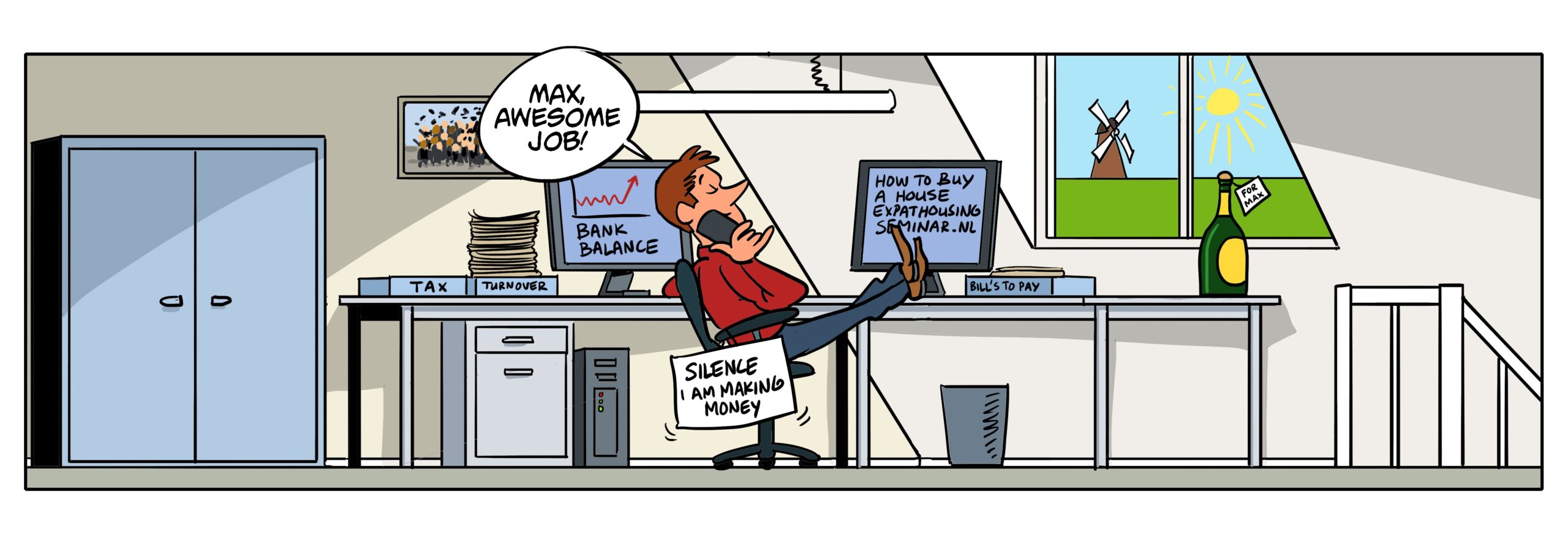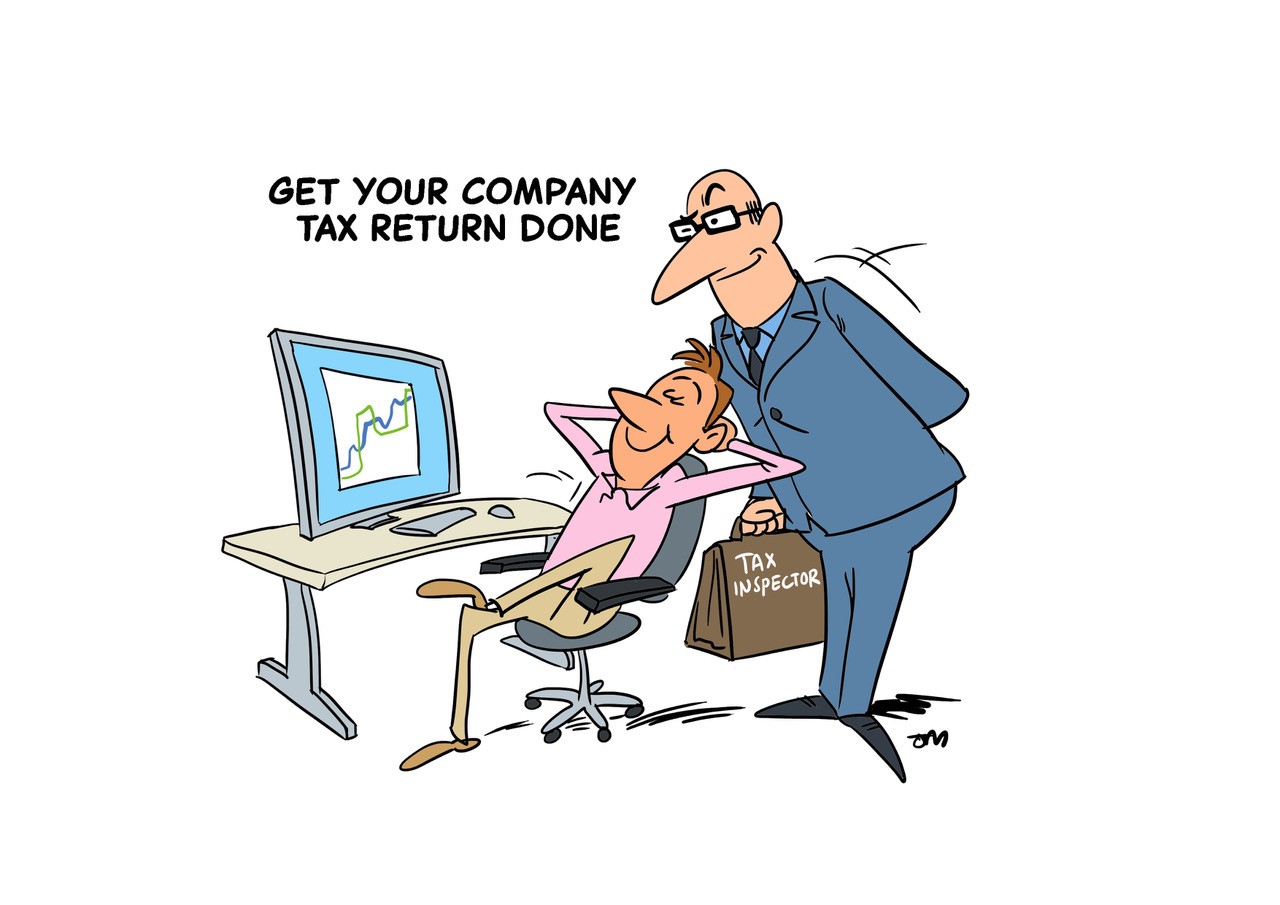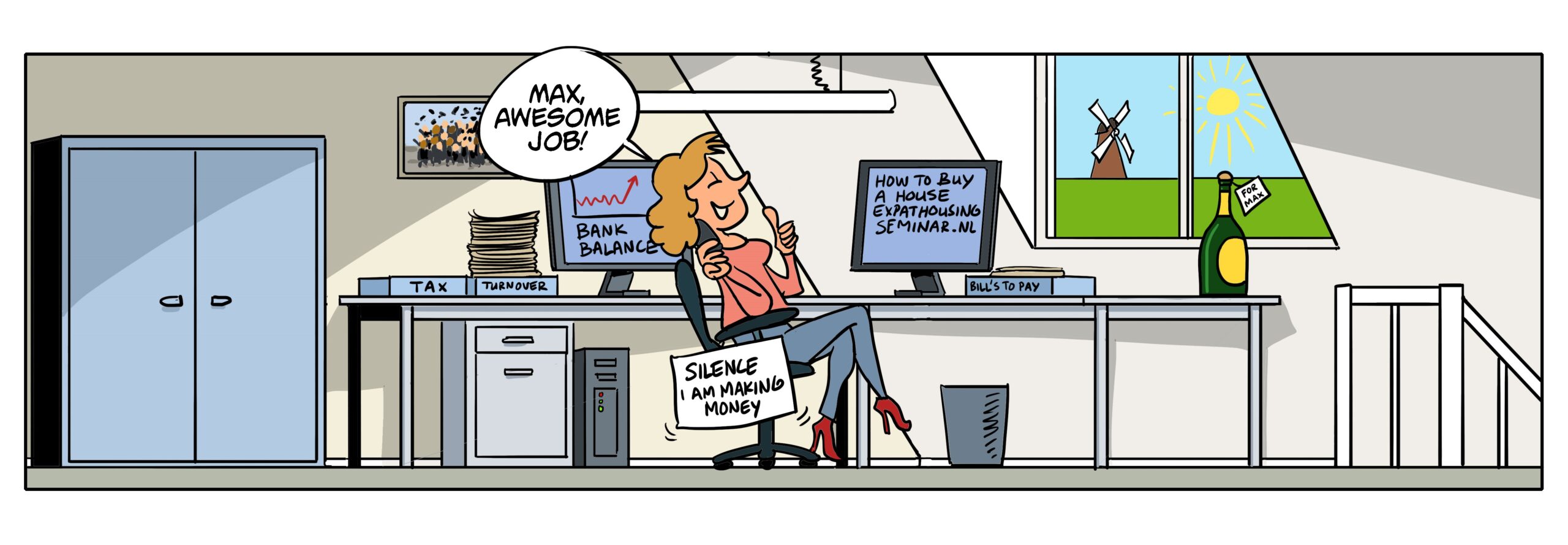Very exciting. The non-repayment mortgage is since 2012 the non accepted mortgage by the Dutch tax office. How can that be exciting?
The non-repayment mortgage
The non-repayment mortgage was a very successful type of mortgage. You do not repay the loan, you only pay interest. You might think that you then have a problem when you need to repay the mortgage. No problem at all, as the average mortgage is for a 30 year period, most people move house after 11 years on average. During the 11 years’ time the value of the house increase so much, you easily pay off the mortgage when you sell.
Until 2007 that is. I can hear Henk Jansen of Expat Mortgage say that from that moment the houses were under water. A true Dutch expression to explain that the value of the house was much less than the mortgage on the house. A Government moves slow, so only in 2012 the non-repayment loan was no longer accepted.
What does that imply?
That implies that if you still had a non-repayment mortgage, you can still deduct the mortgage interest from Box 1 income. If you take out a non-repayment mortgage from 2012, you cannot deduct the mortgage interest anymore.
Is that a problem?
That depends on your situation. If you just purchase a house for around or over the so called WOZ value, then it is indeed a problem. You then cannot deduct the mortgage interest and that can cost you a lot of tax you can never claim back over the years to come.
But if you already own you house for a long time, the WOZ value has most likely rocketed into the sky. You might think that is a good thing, but only if you sell. If you do not sell, the higher the WOZ value, the higher the threshold to deduct the mortgage costs of the house.
Now already there are many Dutch tax residents that own a house where the WOZ value is high, debt is lower, and the interest is nearly nothing, hence no mortgage deduction in Box 1.

What can the non-repayment mortgage change?
The fun of the non-repayment mortgage is that it does not qualify for deduction in Box 1. If the debts is not in Box 1, the debt is in Box 3. The chance is likely that you had already no mortgage deduction in Box 1, but you do have more assets than debts in Box 3. So you do pay Box 3 wealth tax. If then you can reduce that tax by the no longer accepted non-repayment mortgage moving to Box 3, you win. The mortgage deduction you already did not have, and now you also pay less wealth tax.
On top of that, the next 30 years you pay interest only to the bank. What happens after 30 years, happens after 30 years. Right now most people converting to the non-repayment loan, according to the Telegraaf, are 60 years old, fixed for 30 years and they do not expect to be around when it finishes.
Tax is exciting
You would think we are only getting excited about you being able to deduct costs, but paying less wealth tax is making us and yourself happy as well. So please have a good talk and advise from your financial or mortgage advisor and we are happy to file your tax return next time.





